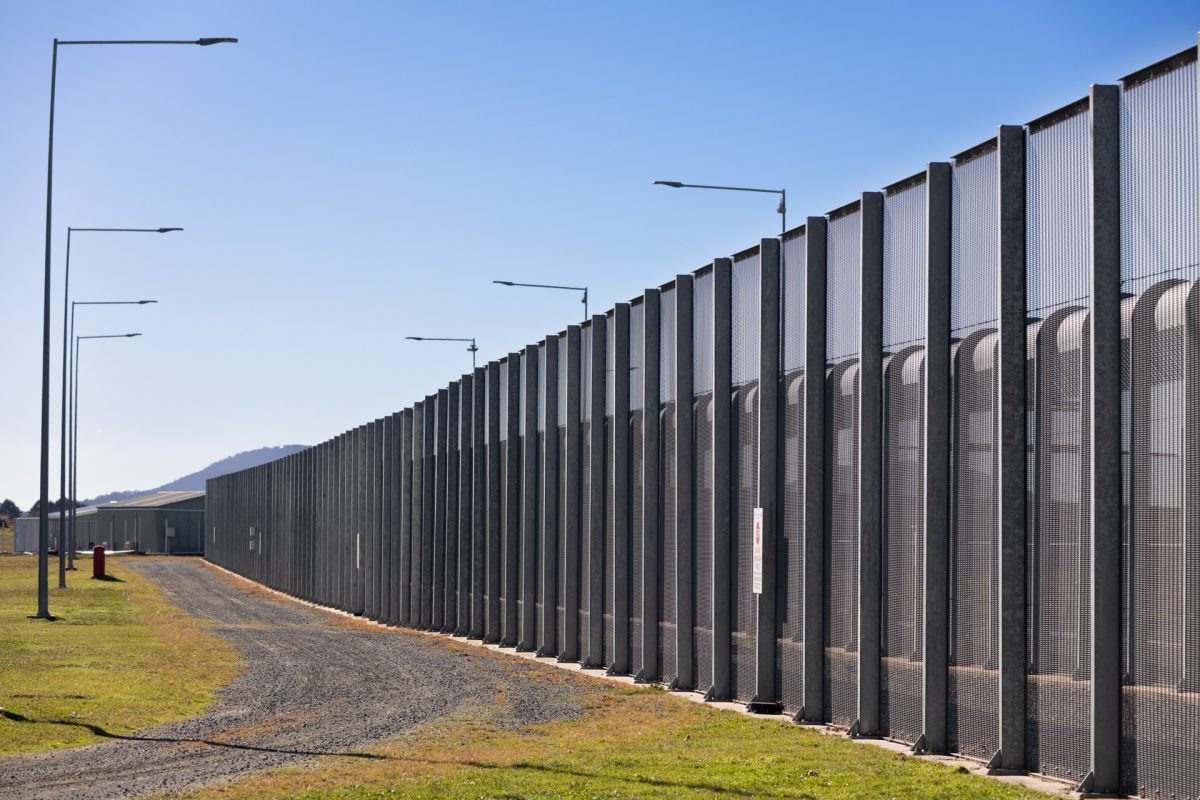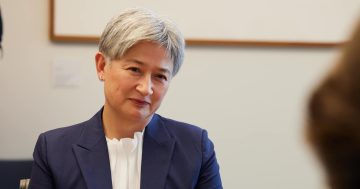
The sentence is the first under new national security legislation introduced in 2018. Photo: Michelle Kroll.
A year-long investigation by the Australian Federal Police and the ASIO-led Counter Foreign Interference Taskforce (CFIT) has resulted in the first case of a foreign national being charged and sentenced under foreign interference laws in Australia.
The unnamed 68-year-old man was sentenced to two years and nine months imprisonment by the County Court of Victoria for trying to influence an unnamed Federal parliamentarian on behalf of a foreign government, including a foreign intelligence agency.
He has a release order after serving 12 months on $3000 surety and to be of good behaviour for the remainder of the term.
The man was identified as attempting to influence the minister as part of a longer-term plan to pursue objectives of the foreign government. The investigation came after the man made a public donation to a Melbourne hospital in what was alleged to be an attempt to obtain favour and attention. Early intervention by the CFIT had identified the threat and ensured the politician was not compromised.
The man’s home was searched by the AFP in October 2020 and he was subsequently charged on 5 November 2020 with a foreign interference offence.
He is the first person in Australia to be charged with an offence since the Commonwealth Parliament passed the new National Security Legislation Amendment (Espionage and Foreign Interference) Bill in 2018.
He was found guilty by a jury of preparing for a foreign interference offence, contrary to section 92.4 of the Criminal Code 1995 (Cth) on 19 December 2023, and was sentenced on 29 February.
The sentencing comes just a day after ASIO head Mike Burgess said in his annual threat assessment that another former Federal politician had been successfully “cultivated and recruited” by a foreign government, and had “sold out their country, party and former colleagues to advance the interests of the foreign regime”.
The two cases are unrelated, as Mr Burgess confirmed on 3 March that the case he had mentioned occurred prior to the new legislation being introduced in 2018.
AFP Acting Assistant Commissioner Counter Terrorism and Special Investigations Stephen Nutt said combatting espionage and foreign interference was a key priority for the AFP.
“Espionage and foreign interference represent a serious threat to Australia’s sovereignty and the security and integrity of our national institutions,” he said.
“Threats posed by foreign interference are not constrained to one sector of the Australian community nor perpetrated by any single nation.
“Foreign state actors undertaking these activities are intent on creating and pursuing opportunities to interfere with Australians – from decision-makers at all levels of government, across a range of business sectors, and even in our local communities.
“The AFP and our partner agencies as members of the CFIT continue to take significant steps to strengthen our ability to defend against foreign interference.”








